Q of the Day: What’s the Hardest Career Lesson You’ve Had to Learn So Far?
Upcoming Event
We got some sound advice, wit and wisdom from some of the world’s top DJs. Today’s question:
What’s the hardest career lesson you’ve had to learn so far?
Nicole Moudaber

Dedication and perseverance are the hardest. To keep it up at times, when you’re faced with obstacles and problems, can be challenging. Inspiration can be affected by that, and it’s definitely not conducive to our work. The key is to rise above it… never lose focus, nor the love of the job we chose to do.
Art Department (Jonny White)
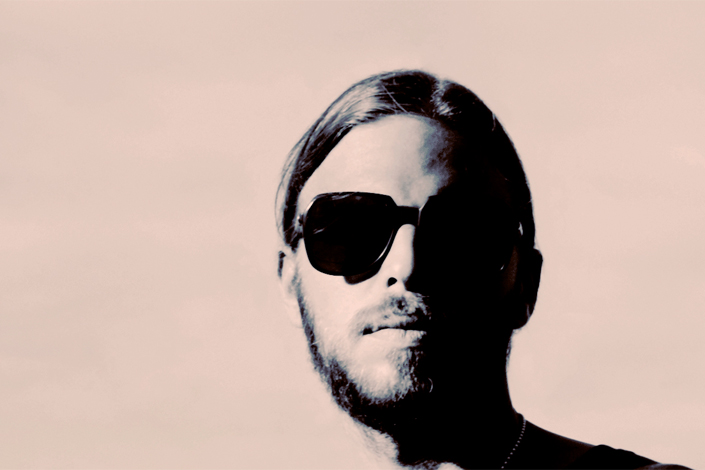
Completely cliché, but it can be very hard on friendships and is absolutely 100 percent never worth losing an important friendship for.
UMEK
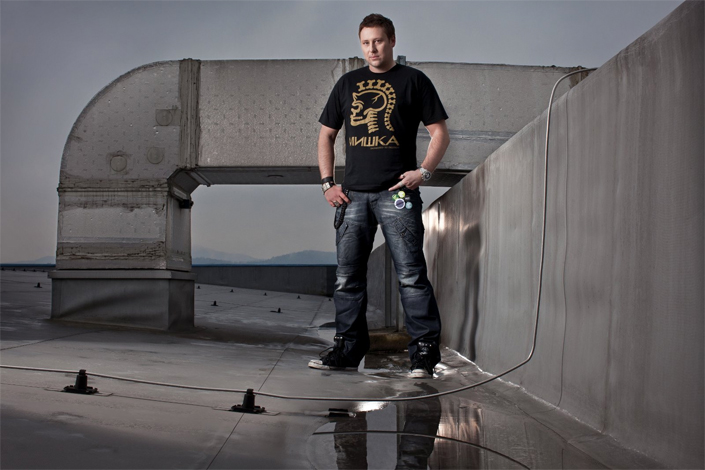
Till couple of years ago, it was kind of a rule that techno DJs should stay in the underground, not record too many promo sets, and more or less avoid mainstream media and classic music marketing. If I had been smarter, I’d have started collaborating with Futuristing Music—the agency that takes care of this aspect of my career now—a couple of years earlier than I actually did. I can say, professional marketing has helped bring my career to another level. I was avoiding this for too long, as I strongly believed music should speak for itself. I still believe that’s true, but with a good promotion, it reaches a much wider audience and fan base. And in the last couple of years, the rules of this game changed: People used to search for artists and music, but nowadays, artists have to search for the audience that might enjoy their music. People are bombarded with information, and you have to be much more active if you want them to listen to your music. I should have realized this and acted on that knowledge a bit earlier than I did.
The Glitch Mob

Pay no attention to what people say about your work, good or bad. It’s so incredibly important for us to follow our own creative spark, that we have to tune out what people say. These days, there are a lot of opinions coming at you from every angle on the internet, and you need a filter. Incorporating people’s feedback into the process can make things messy. When we finish a song, our gauge for success is: “Do we all three love this? Do we believe in this?” When the answer is yes, we know it’s done. We’ve made creative decisions that our friends, team and family didn’t understand but, deep inside, we just knew we had to do. This is another way of keeping focus on the vision and listening to ourselves.
Claude VonStroke
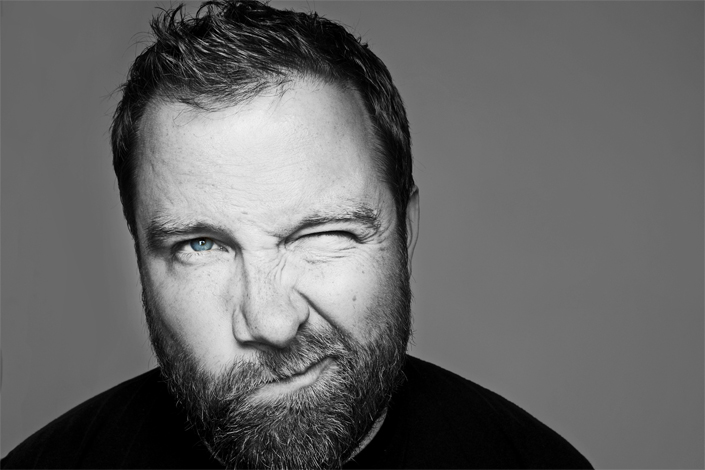
You can’t control everything, no matter how much you want to; it’s just impossible, and you have to let people do their job. Don’t try to be in charge of everyone else. Let people run their own careers, or let them run their lives. If they want to join up because you’re doing something fun, that’s a much better way to work than trying to force people into doing stuff. The more freedom you give people, usually the better they feel about it. It’s a hard lesson to learn to let people just go and learn on their own.
Headhunterz
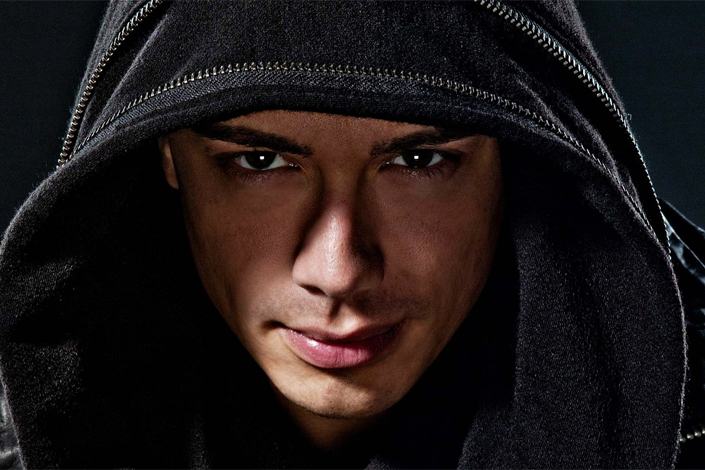
That it wasn’t the key to happiness. But I am very grateful to have learned that, because it opened me up to life in another way.
R3hab

Learning to be patient. I think that’s a large component to success. I try to work very hard and improve myself all the time, and when sometimes that doesn’t pay off, you just have to keep the train going because it isn’t stopping anytime soon. I like that, in a way, because it challenges me to continuously strive for improvement. It’s also important because I don’t want to do everything in one year; I want to space things out and enjoy every step of the way.
Yellow Claw

Don’t trust dem “suits.”
Henry Fong

Pay your dues. A lot of work goes into finally being able to tour and play at the festivals and big venues. I’ve spent the last few years playing in small, local clubs and college bars, playing commercial top-40 music and hip-hop about four to five times a week to pay the bills. That was definitely a good stepping-stone, and it taught me how to read a crowd, too. I’ve also been fired from weekly residencies multiple times—and been paid really terribly, if paid at all, sometimes (laughs). Paying your dues also applies to production; I’ve spent so many hours improving that. Lots of time goes into production, and you have to be willing to sacrifice other parts of your life in order to learn.
Cassettes Won’t Listen
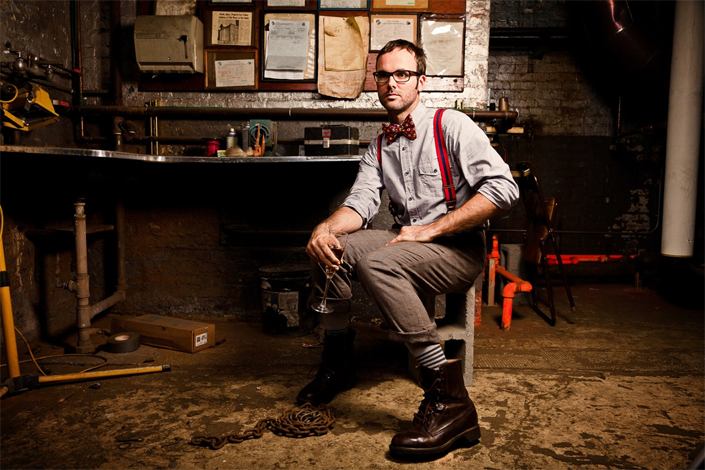
Smoke and mirrors are the foundation of the music industry.






